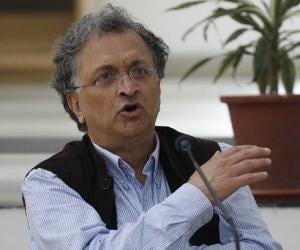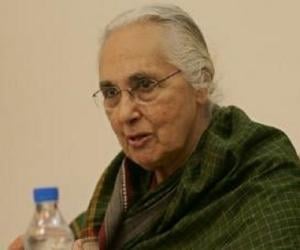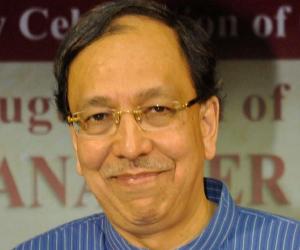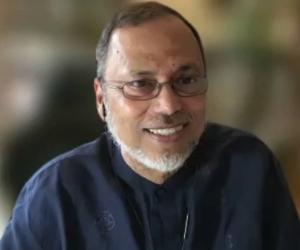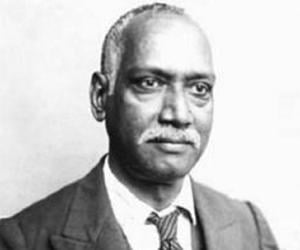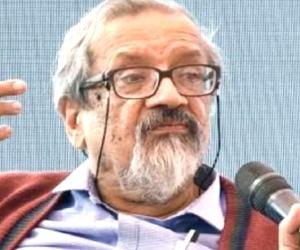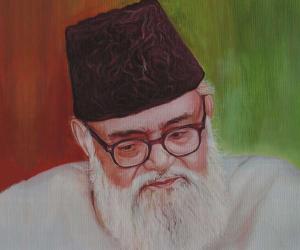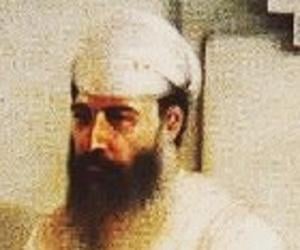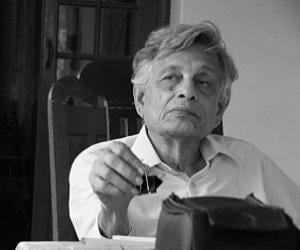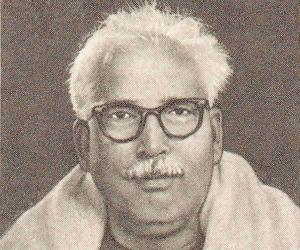1
Ramachandra Guha
(Writer)
Birthdate: April 29, 1958
Sun Sign: Taurus
Birthplace: Dehradun, Uttar Pradesh, India (now in Uttarakhand, India)
Ramachandra Guha is an Indian historian, environmentalist, writer, and public intellectual known for his expertise in social, political, contemporary, environmental, and cricket history, as well as economics. He has held prestigious visiting positions at institutions such as the London School of Economics and Political Science and the Indian Institute of Science. Guha is recognized internationally, with honors like the American Historical Association's Honorary Foreign Member prize. He is a prolific author of major works on modern India, including acclaimed biographies of Mahatma Gandhi and a trustee of the New India Foundation fellowship programme.
